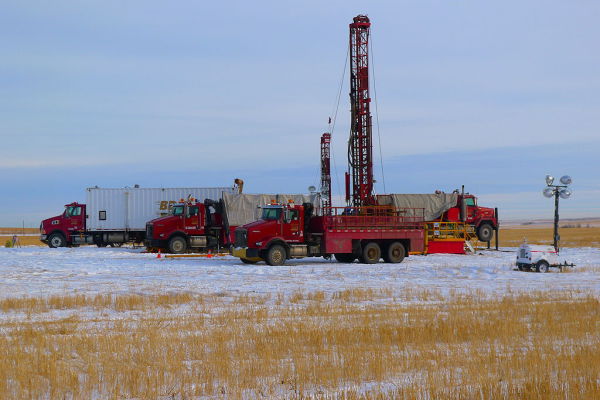Item Link: Access the Resource
Publication Info: 10.1007/s13280-009-0011-x
Date of Publication: February 2010
Author(s): Jofre Carnicer, Josep Peñuelas
The strong environmental effects of greenhouse gas emissions derived from oil use and the negative socioeconomic consequences of future oil scarcity make it urgent that we shift to alternative affordable energy sources. Here we briefly overview the multiple economic, technological, and political pathways that should be implemented immediately to achieve this global energetic transition. We discuss how states could empower their national strategies to improve the efficiency in energy generation, transmission, and consumption and thus progressively reduce carbon emissions. At the international level, we suggest that governments should strongly promote multilateral and bilateral cooperative agreements on energy and climate policies. In addition, we suggest that states should promote the creation of a United Nations international program to facilitate and coordinate a worldwide ordered and nontraumatic transition to low-carbon and energy-efficient economies. Finally, we advocate for a much greater scientific effort to be urgently placed on the interactions between peak oil, climate change, and global society change.
The coming decades will determine whether the human population comes into balance with the capacity of the Earth to support it, or whether the environmental changes brought by the overharvesting of oil and natural resources, climate change, loss of biodiversity, or pollution of air and water—among many other factors driven by human activities—will lead to the end of the improvement in the well-being in developed countries, which have characterized the Modern and the Contemporary Eras. Current indicators are alarming. Declining trends in environmental condition are either continuing unchanged from previous decades or are accelerating beyond our most pessimistic projections (Intergovernmental Panel on Climate Change (IPCC) 2007a, b).
Read the full article here.
The views and opinions expressed through the MAHB Website are those of the contributing authors and do not necessarily reflect an official position of the MAHB. The MAHB aims to share a range of perspectives and welcomes the discussions that they prompt.
